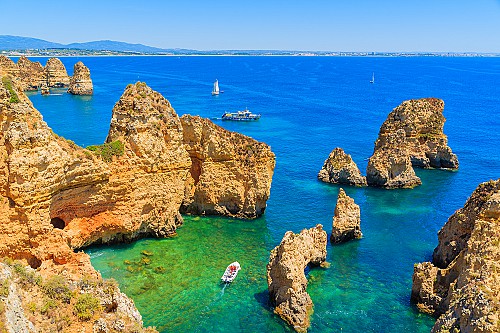The government's budget for 2020 will harm the Portuguese Golden Visa, according to the real estate industry
Published at: 27/12/2019 03:29 pm

The government's financial plans for 2020 will harm Portugal's residency by investment program, according to the professional lobby entity of the five leading real estate firm. The state budget contains significant changes and amendments related to the taxation of local accommodation (like Airbnb) activities and the legislation of the Golden Visa scheme.
It looks like, the government of Portugal will change the scope of the Golden Visa Programme (Regime das Autorizações de Residência para Investimento - ARI). According to the budget (Orçamento do Estado para 2020 - OE2020), "the Government is authorized to revise the regime of residence permits for investment (…) changing its scope", says the document, which also adds that the objective is "to promote investment in low-density regions, such as investment in urban requalification, cultural heritage, activities of high environmental or social value, productive investment and job creation."
Moreover, changes are also foreseen in the SEF - Aliens and Borders Service.
The significant tax burden increase on the local accommodation will change the market because until now the foreign investor residents could quickly start profitable businesses, offering short-stay accommodation for tourists. From 2020, owners of local accommodation units in containment zones will pay 50% tax on income. Besides, part of the personal income tax (IRS) collection will go to the IHRU (Institute of Property and the Urban Rehabilitation).
"The most negative aspect of real estate sector today is the constant changes in rules that are being made," said Miguel Poisson, managing director of Sotheby's International Realty, in a debate organized by ECO.
During the seven years of the Portuguese residency by investment program, foreign High Net Worth residents invested 4,95 billion euros in the EU Member State, and the 8125 successful applicants obtained the Portuguese residence permit and the right to become a European citizen after five years.
